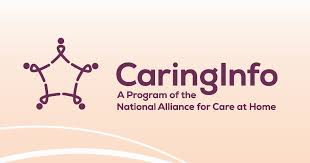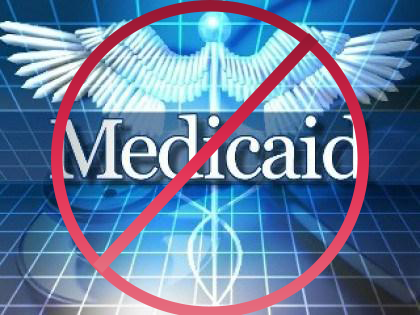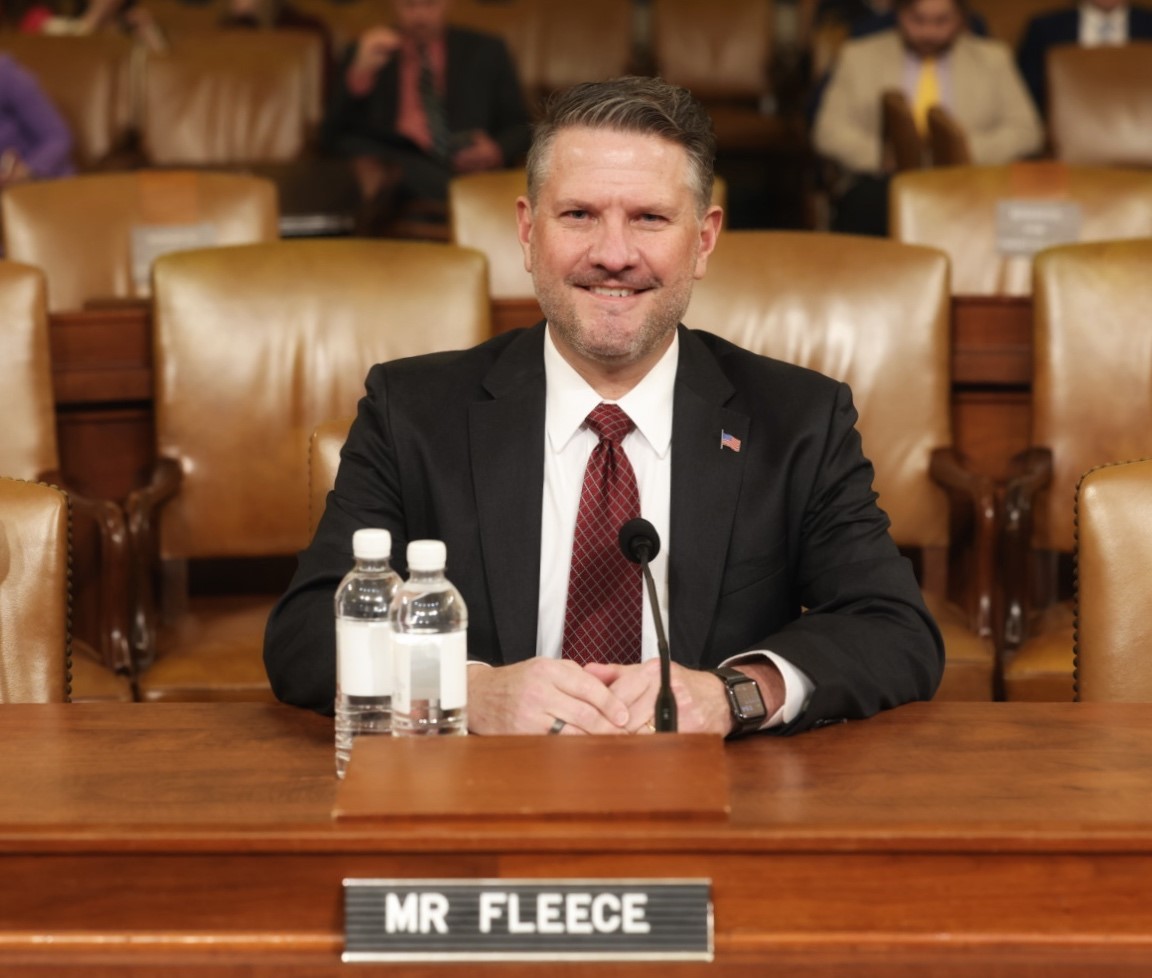“Planning for In-Home Care”
AdvocacyFOR IMMEDIATE RELEASE
Contact: Elyssa Katz
571-281-0220
communications@allianceforcareathome.org
The Alliance’s CaringInfo Program Launches New “Planning for In-Home Care” Section
Rebrands to Align with Expansion to Serve Full Home-Based Care Continuum
ALEXANDRIA, VA and WASHINGTON, DC – CaringInfo.org, a program of the National Alliance for Care at Home (the Alliance), is expanding its resources with a new website section – “Planning for In-Home Care” – as well as a brand refresh to align with its growing audience. CaringInfo provides free resources to educate and empower patients and caregivers to make informed decisions about home, serious illness, and end-of-life care and services.
CaringInfo
While CaringInfo began with a focus on serious illness and end-of-life care and support, the program’s content is expanding to provide information and resources on the full spectrum of home-based care services. As a first step in this expansion, CaringInfo has launched “Planning for In-Home Care,” a new section on the website focused on the various types of care available at home.

Planning for In-Home Care
The new section covers essential topics including when in-home care is needed, preparing for in-home caregivers, who provides in-home care services, how to find a caregiver, and how to pay for in-home care.
“CaringInfo is a valuable resource used widely among hospice, palliative, and advance care planning experts and professionals as well as patients and families who need help and guidance.”
Landers, continued, “The launch of ‘Planning for In-Home Care’ marks an exciting step in the continued expansion of CaringInfo to provide resources and guidance on the full continuum of home-based care and to serve as a resource to all providers under the Alliance umbrella. Finding and navigating care at home can be difficult for patients and their loved ones, especially as it is often needed during life’s most vulnerable moments. These free, accessible resources help ensure everyone seeking home-based care can make informed decisions to get the support they need.”
Visual Update
The updated CaringInfo design is intended to remain familiar for return visitors who trust the site as their go-to source for making care decisions, while aligning with the Alliance’s core brand. This visual update indicates CaringInfo’s realignment to serve the full home-based care community, including home health, home care, Medicaid HCBS, palliative care, and hospice providers.

CaringInfo’s goal is that all people are making informed decisions about their care. In addition to easy-to-understand information about caregiving, advance care planning, and the types of care available to those who need it, CaringInfo also offers a complete library of annotated advance directive forms for all 50 states, plus Washington, DC and Puerto Rico. The full site is available in both English and Spanish.
Visit CaringInfo.org, which is free and available to all, to explore the full site as well as the new content.
# # #
About the National Alliance for Care at Home
The National Alliance for Care at Home (the Alliance) is the leading authority in transforming care in the home. As an inclusive thought leader, advocate, educator, and convener, we serve as the unifying voice for providers and recipients of home care, home health, hospice, palliative care, and Medicaid home and community-based services throughout all stages of life. Learn more at www.AllianceForCareAtHome.org.
©2025 The National Alliance for Care at Home. All rights reserved.


















